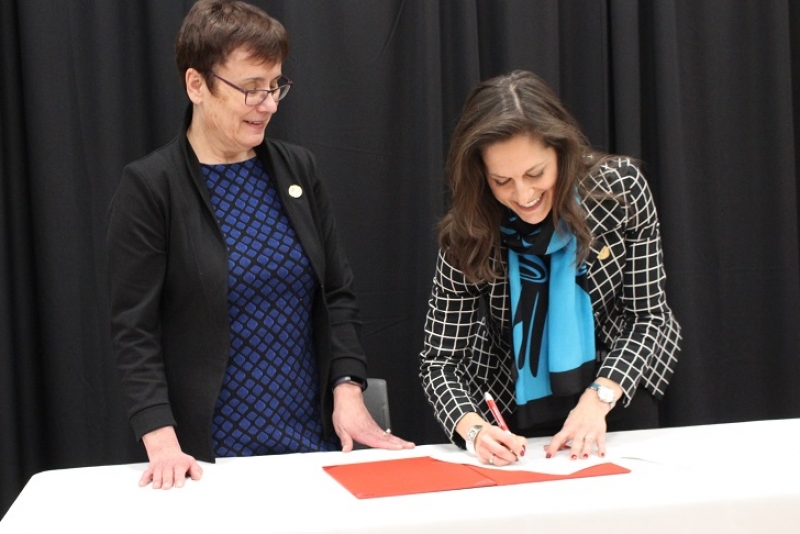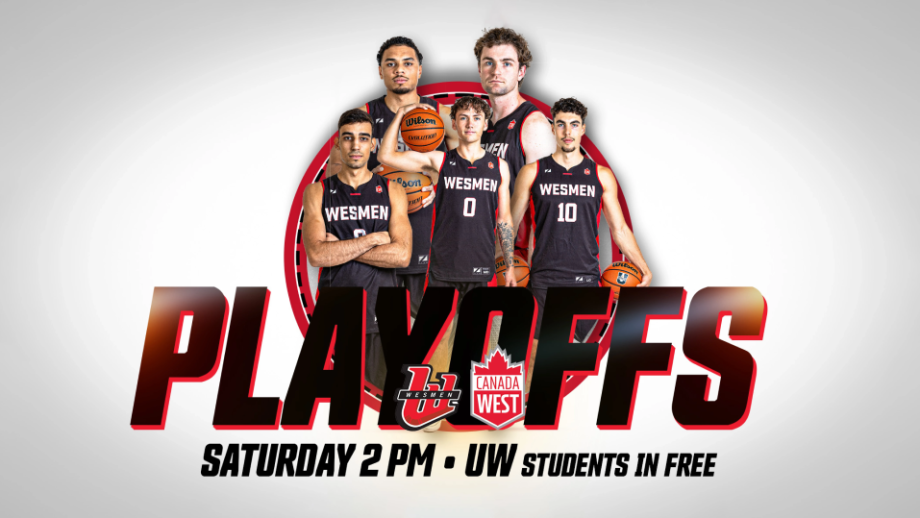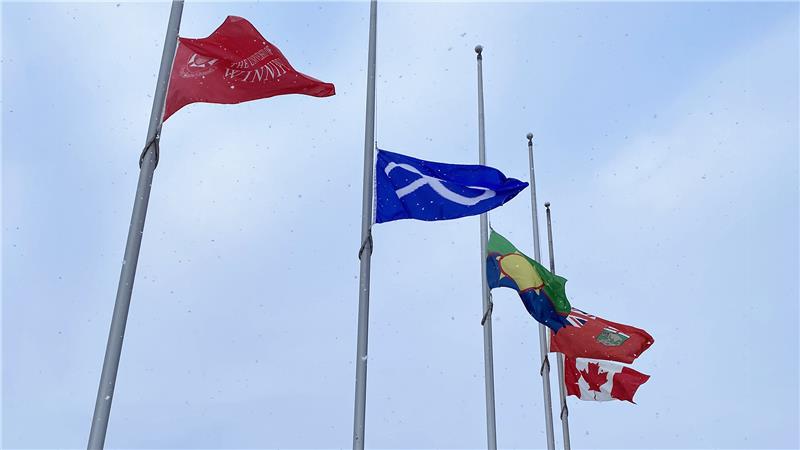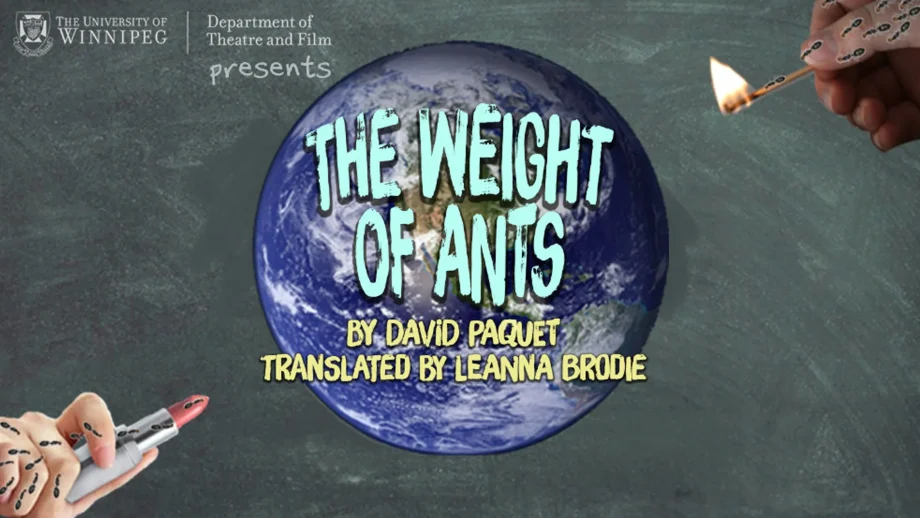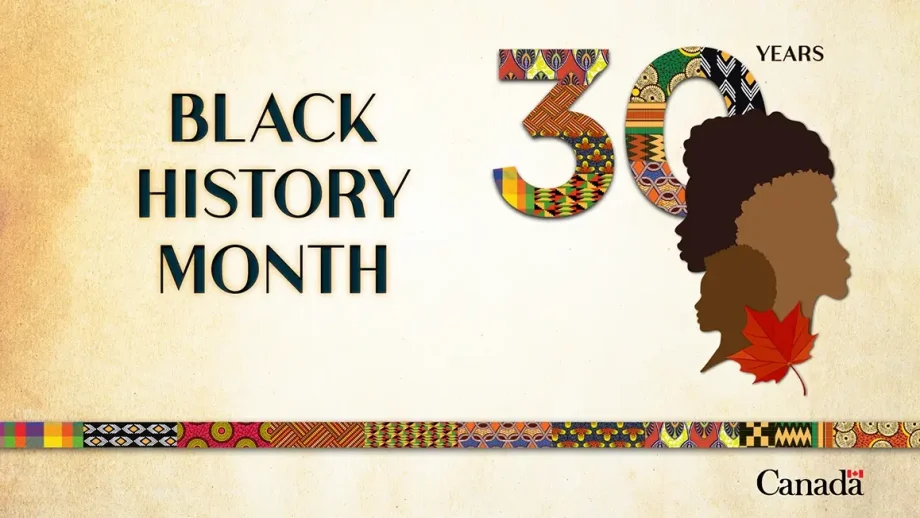The University of Winnipeg has officially launched an innovative national educational program, Indigenous Insights, with Canadian National Railway (CN) signing on as the premiere partner. CN’s leadership helps to advance reconciliation through cultural training for hundreds of employees, who will have access to a series of thoughtful videos developed by Indigenous people at UWinnipeg and across the country. Video modules are hosted by well-known and respected Indigenous leaders, including Tina Keeper, Michael Champagne, and Kevin Lamoureux. Through this partnership, CN will make the Indigenous Insights video series available to its employees to add to CN’s Cultural Awareness training, which has been offered since 2015.
“Since we launched the CN Cultural Awareness training, CN employees have asked for more information. The Indigenous Insights videos are really well done and they constitute a perfect tool for our employees who are interested in learning more,” said Mélanie Allaire, CN Senior Counsel Environmental and Aboriginal Affairs and Practice Lead, Aboriginal Affairs.
The Indigenous Insights videos are part of a broader program structure that includes facilitated sessions and starts participants on their journey of reconciliation. The educational program provides an overview of Indigenous Peoples’ history, rights, and relationship with Canada and provides a foundation for organizations seeking to understand and respond to the seminal Truth and Reconciliation Commission’s (TRC) Calls to Action.
The partnership signed today includes a CN contribution of $75,000 over three years to support scholarships and bursaries for Indigenous UWinnipeg students. It will also help fund Indigenization initiatives on campus and community programming at the Wii Chiiwaakanak Learning Centre.
Today’s announcement builds on the strong relationship UWinnipeg and CN have forged. In 2011, a significant gift by CN allowed for the creation of the CN Master’s in Development Practice Program Scholarships, which supports Indigenous scholars as they pursue advanced education and research. Five UWinnipeg Indigenous students have received this invaluable support with a gift of $35,000 each, for a total CN contribution of $175,000 to date.
“We are honoured to continue expanding our deep relationship with CN to advance Indigenous scholarship, and reconciliation across the country,” said Dr. Annette Trimbee, UWinnipeg’s President and Vice-Chancellor. “Indigenous Insights is one valuable tool for enhancing cultural understanding through knowledge sharing and discussion. It is our hope that many more companies will offer their employees this opportunity to learn about our shared history.”
BACKGROUND
About Indigenous Insights
Developed by Indigenous Peoples, this flexible learning program addresses commonly held misunderstandings about Indigenous Peoples in Canada, and is ideal for employees in the public and private sectors, educators, public health workers, NGOs, faith-based and spiritual organizations, and those seeking to enhance their knowledge and understanding of Indigenous Peoples. Video modules are hosted by well-known and respected Indigenous leaders including Tina Keeper, Michael Champagne, and Kevin Lamoureux.
Indigenous Insights learning is typically delivered in two parts: seven online video modules, and facilitated group discussions. An online approach lets organizations provide training to all employees without undue impact on overall operations. The in-person facilitation option offers a deeper, more reflective experience in a group setting.
There are seven modules in the Indigenous Insights series, each of which deals with an important topic as identified by the Truth and Reconciliation Commission Calls to Action:
- What’s in a Name: The Indian Act, Indigenous identity and community membership
- Treaties and Duty to Consult: Treaty and Aboriginal Rights, the duty to consult
- Ancient Ways Modern People: The importance of culture for Indigenous health and well-being
- The Children Taken, The Parents Left Behind: The history and legacy of residential schools, the aftermath, and healing
- Living off the Land: The balance between economic development and the protection of traditional lands and resources
- New Beginnings: Ways in which Indigenous youth are re-shaping educational institutions and Canadian society
- Research and Engagement: Respectfully approaching research and consultation with Indigenous communities
Find out more at Indigenous Insights.

